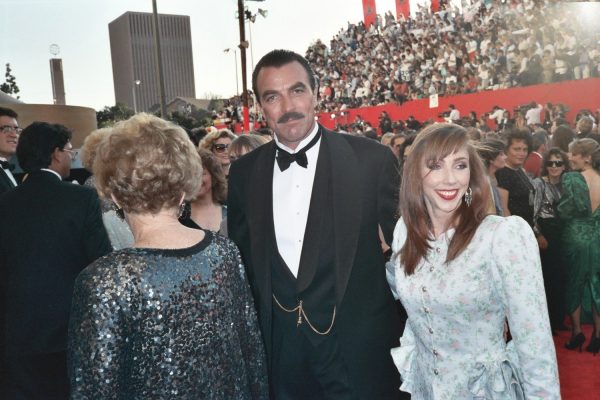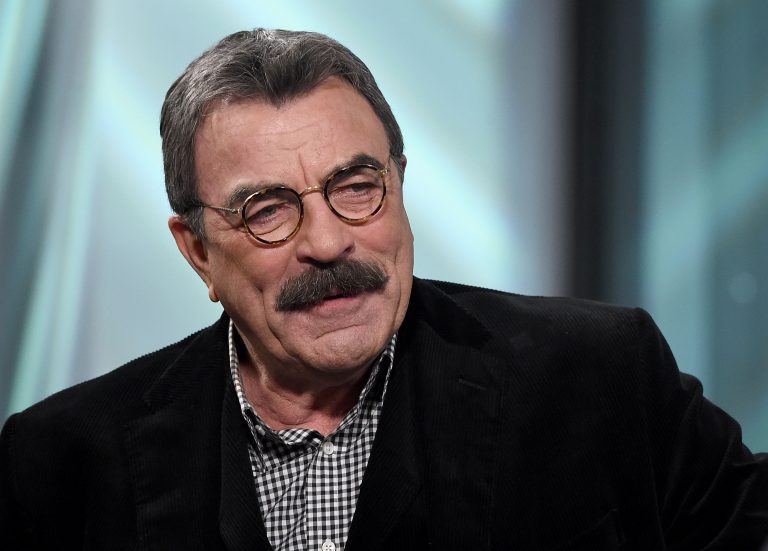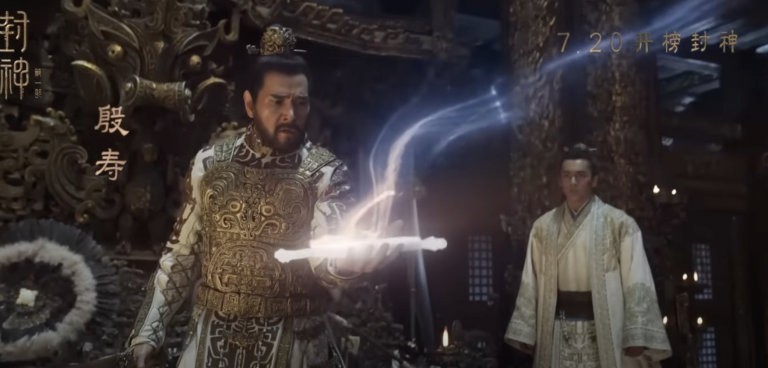Tom Selleck has never let fame get in the way of his family. The 76-year-old actor is a man of virtue and tradition. In fact, William J. Bennett’s treasury The Book of Virtues features Selleck’s voice as one of the readers in its audio version, released in 1994. This anthology of moral literature from around the world focuses on building the characteristics of responsibility, courage, compassion, and honesty through examples of good versus bad, and right versus wrong.
When interviewed by People magazine, Selleck described himself as a “private person,” and said “I always treasured the balance between work and time with my family. It’s always about them.” Selleck adopted the son of his first wife and has a daughter with his second wife, Jillie.
Best known for his television series Magnum P.I., Selleck also portrayed the iconic cowboy in a number of well received western films in the 1990s. Despite the fact that he did not know how to ride a horse at the time of audition for The Sacketts, he landed the leading role through his honesty and courage. When asked whether he could ride a horse, he said, “No, but I’m not afraid of them. I’m a good athlete, and I can learn.” He did, and has been an avid rider ever since.
As he gained fame through the 80s with his role as Magnum, the actor found that the television series tired him out. In need of a break, he gave up the part in 1988 and bought a 63-acre ranch in California, with a good 1,500 avocado trees. While he is hardly a fan of the fatty fruit, he enjoys being on the land and tending his large charge. He spends as much time as he can on the ranch with Jillie, his wife of 33 years. “I do grunt work and I make the rounds. I like watching things grow. It’s a retreat,” Selleck said.
His advice on avocados: “You don’t want any weeds to grow between your avocados. You don’t want any wildflowers to grow between your avocados – because the bees will go to them, rather than the trees.” While he admits it is difficult to make a profit farming avocados, he says, “I sell them. They don’t look right… They’re wonderful, healthful, good fat – it’s really good for you but it’s not for me. Why eat them when I could sell them? I’ve got a mortgage.”
Success
You are now signed up for our newsletter
Success
Check your email to complete sign up
In remembrance of his aging friends who pass, Selleck reportedly plants new trees on the ranch.
Michael Auslin, of the National Review, described Selleck as “something of a national conscience, a television counterpart to Clint Eastwood, perhaps,” noting that many of his roles “celebrate firmness of character and the stability of those guided by a deeply engraved morality as opposed to faddish opportunism.”
In 1990, Selleck starred in Quigley Down Under, depicting Matthew Quigley, a sharp shooting American cowboy who finds himself in the Australian Outback. One of his better known films, Quigley Down Under could be viewed as a classic western, despite its unlikely locale. Up against villain Elliot Martson, played by co-star Alan Rickman, his skills earn the aboriginals’ high regard and make him a celebrated hero.
Selleck won three Western Heritage Awards from the National Cowboy & Heritage Museum. His role as Paul Cable in the 1997 film Last Stand at Sabre River earned him his first in 1998. In 2002 he received his second for his role as Rafe Covington in the TNT movie Crossfire Trail (2001). He received his third in 2004 for his role as Monte Walsh in the motion picture Monte Walsh (2003).

Selleck speaks fondly of his western film acting experience, where he became quite fond of horses. His four legged co-star Spike was given to the actor as a gift from the “Quigley” production company. Spike lived another 30 years on the Selleck ranch. Selleck’s love for horses was passed on to his daughter Hannah, who began riding at age four and continues her equestrian pursuits to this day.
While he enjoyed playing the cowboy, Selleck’s recent work perhaps portrays his own character more accurately. Blue Bloods, the story of an Irish Catholic family of New York City cops, has a traditional plot of good versus evil. It places importance on the family and morality, deviating from the modern trends where “anything goes” on the silver screen.
The popular show portrays the NYPD as an institution with lofty American ideals, where moral character is viewed as more important than skin color. Police commissioner Frank Reagan, played by Selleck, is both wise and faithful, but also fallible. His virtue helps him navigate through the consequences of his own mistakes.
The criminals are portrayed traditionally, as criminals, rather than as victims of society; and while the police are not perfect, they are not without mercy in their fight for justice. Auslin compares the series to an “urban western, reviving a genre that defined television drama from its infancy through the early 1970s.”
“It eschews the moral ambiguity that cable shows are steeped in, focusing instead on a catechism of good and evil.”
Tom Selleck’s wholesome character was noted by producer Don Bellisario, who said that “Tom was such a truly nice man that the harshest word he’d say when he was upset was, ‘Oh shoot!’”
In his own words, the actor says, “I try very hard to conduct myself in an ethical way, because that’s important to my stability now.” He laments, “We’re a culture that’s so centered on the individual. The culture that says basically nothing is more important than the way you feel. We’re living in an age that celebrates unchecked impulses.”
According to Roman philosopher Cicero (106 – 43 BC), gratitude is not only the greatest of the virtues, but the parent of all of the others, “A noble person is mindful and thankful of the favours he receives from others.”
Selleck is thankful for the path he has taken in his career, in which he made his family a priority. “I’m proud of my work, I still love what I do, and I have my family, I’ve been enormously fortunate,” says Selleck.












